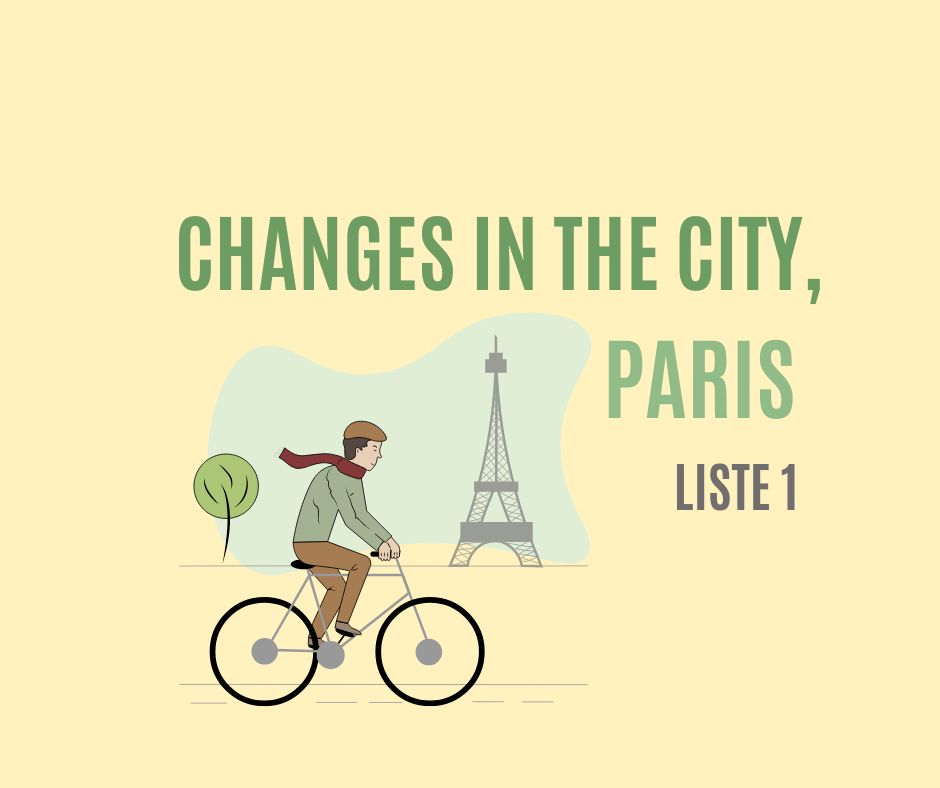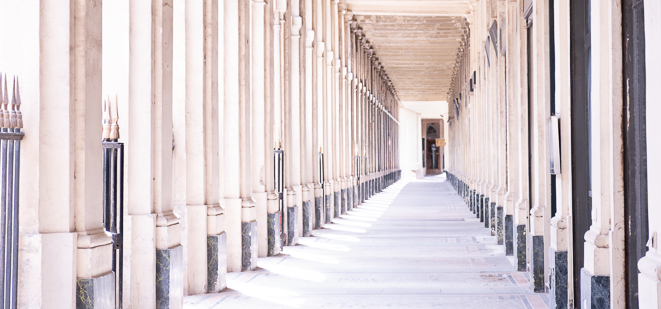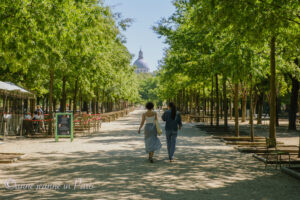- This list are in a random list in a random order
- FB pages and groups are requested not to copy past parts (or more) of this article and to do their own researches
- My suggestions and ideas are personal suggestions ideas and thus are subjective by definition.
- I have done my best to provide you with accurate information. But it might not be accurate.. So if you feel it’s necessary, you’re invited to check the information by doing your own research
- French who come to my page to challenge the accuracy of what’s mentioned there (it will happen for sure…), will have to mention their sources of information…
- This page is dedicated to those whose mother tongue is English or for whom English is one of their means of communication and to people who love or like Paris. French people who know Paris better than I do, are invited to create their own page. French people who don’t like Paris are invited to choose a page that will offer them an appropriate platform

CHANGES in the CITY of PARIS
- Flea markets: since around 10 years ago, more garage sales and flea markets
- More coffee shops: For the past ten years, more and more coffee shops in Paris, some replace cafés
- Less bookshops, especially in the Latin Quarter
- Less cinemas (movie theaters) especially independent cinemas. For instance there is now in 2024, only one theater (cinema) left on the Champs Elysées while there where more than 20 a few decades ago…
- Until the mid 70s most Paris’ apartments weren’t equipped with bathrooms
- Streets are much cleaner than before the 80s. In the 70s many dog poops. The buildings including the landmarks are not so dark as they used to be. (Of course, there are some neighborhoods that are not as clean as others.)
- Before the zebra crossings, we had studded crossings (large flat nails 10cm diameter, directly planted between the paving stones of the roads). In the 70s all of them has disappeared replaced by zebra crossings
- Environnement: Increasing awareness of the city on all what’s about environmental subjects
- Booking advance: Until 15 to 20 ans ago, it was easy to visit a museum in Paris without booking in advance
- Shops opened on Sundays: since about 10 years ago, the shops have started being allowed to stay opened on Sundays
- “Rues aux écoles”: More and more “Rues aux écoles” ( = Streets to the schools), the streets which house a primary school that turned into pedestrian streets. In 2024 there are now 220 of them
- City of cycling: since a few years ago, Paris has become the city of cycling. In 2024, the bicycle is used more than the individual car both within the city walls and for trips between Paris and the inner suburbs. (In 2024, nearly 1.000 km of cycle paths in Paris)
- “Paris respire” ( = Paris breathes) As part of the “Paris Respire” operation, many neighborhoods are closed to car traffic on Sundays and public holidays (all year or part of the year). “Paris respire” areas, click here : “Paris respire” More details about Paris pedestrian areas ? Please click here : Paris pedestrian areas
- Restaurant opening times: now less restaurants stay open throughout day and night
- Underrated Paris areas: Le Marais, it wasn’t as it is now. Up to the 80s, it was a neglected neighbourhood so were the covered passages.
- English language: 30 years ago and earlier, it was very rare to hear English language spoken in Paris except in the very touristic areas
- Car parks: until the 80s, cars could just park almost anywhere in Paris : Place de la Concorde, in the courtyard of the Palais Royal and of Le Louvre. Cars were everywhere and it was not so rare to see cars on the pavements…
- When the Eiffel Tower sparkles: It doesn’t sparkle until 1am anymore (since a few months ago 11pm is the last time of the night that it sparkles°;

Galerie Montpensier, Palais Royal, 1st arrondissement of Paris
WHO AM I ?
Click here to read my BIO
More about me?
Click here: Random words about me
Discover my SERVICES




